|
|
| Line 99: |
Line 99: |
| | ** [[Computer Networks]] | | ** [[Computer Networks]] |
| | * [[Telecommunications]] | | * [[Telecommunications]] |
| | + | ** [[Television (TV)]] |
| | * [[Power (Management)]] | | * [[Power (Management)]] |
| | ** [[Nuclear Fusion]] | | ** [[Nuclear Fusion]] |
Revision as of 19:18, 16 June 2021
Youtube search...
...Google search
What challenge(s) can your AI investment solve?
________ Products _____________
_______________________________
Analysts' Lists
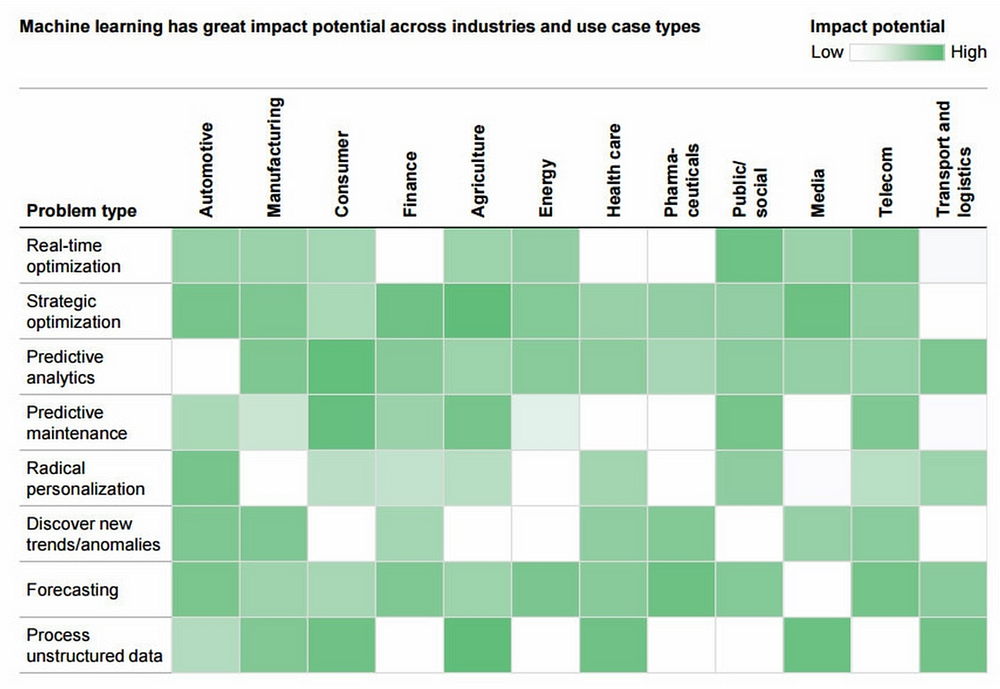
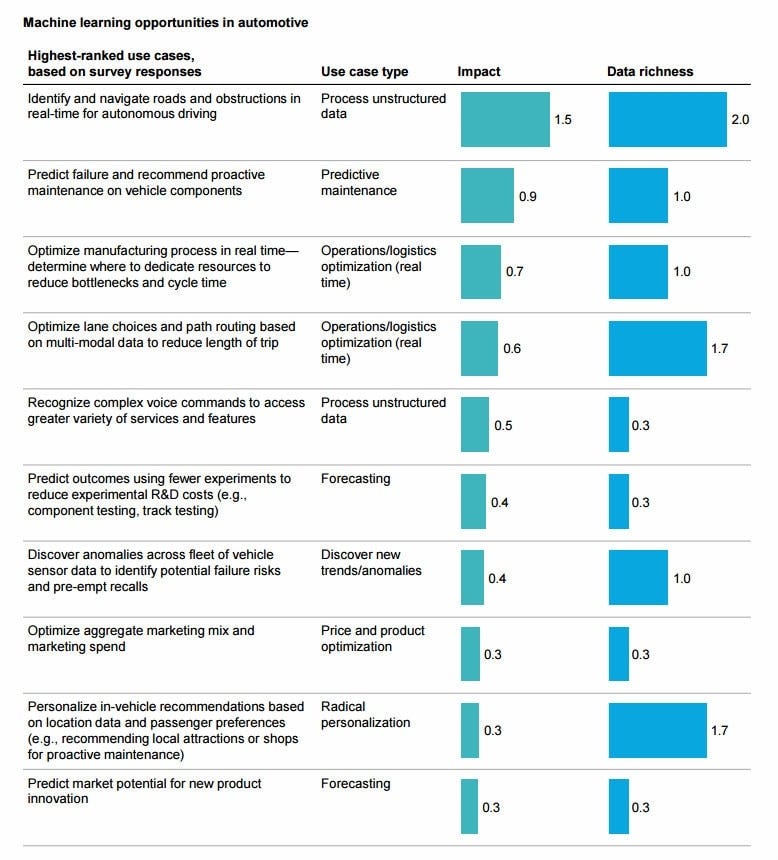
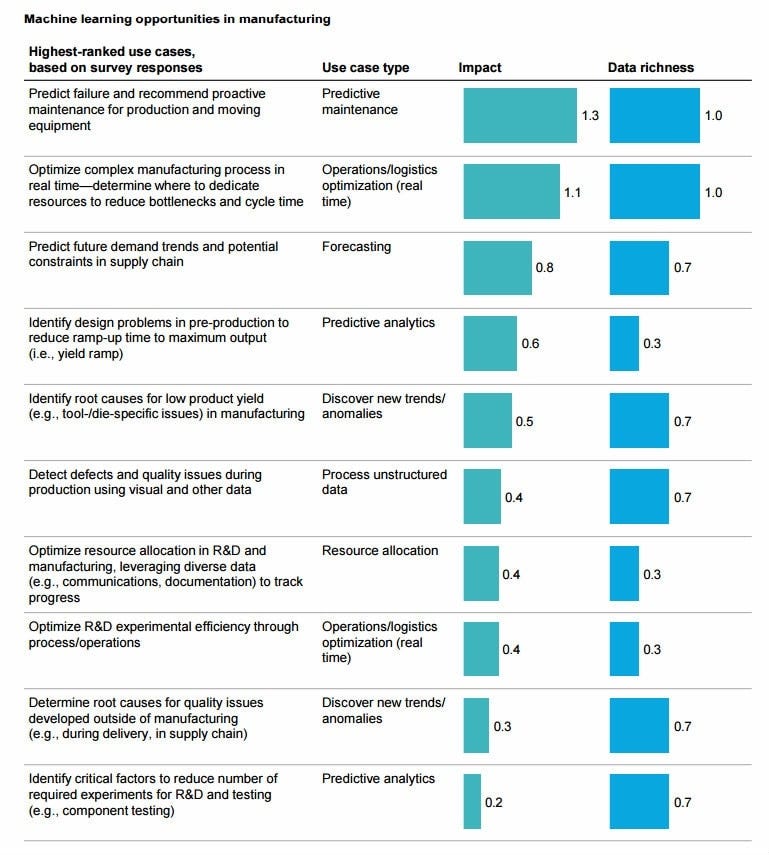
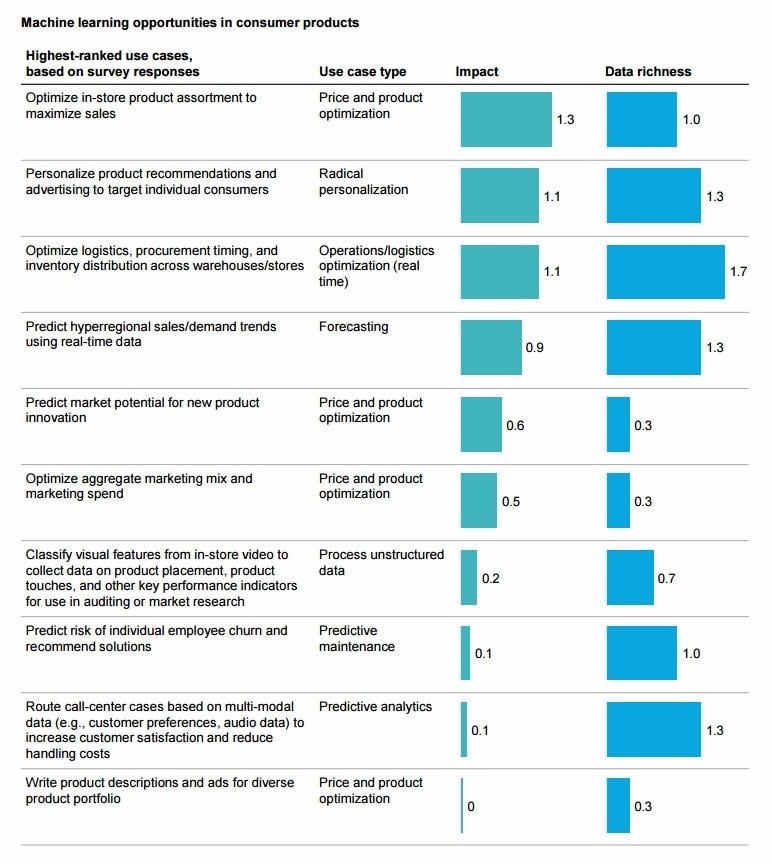
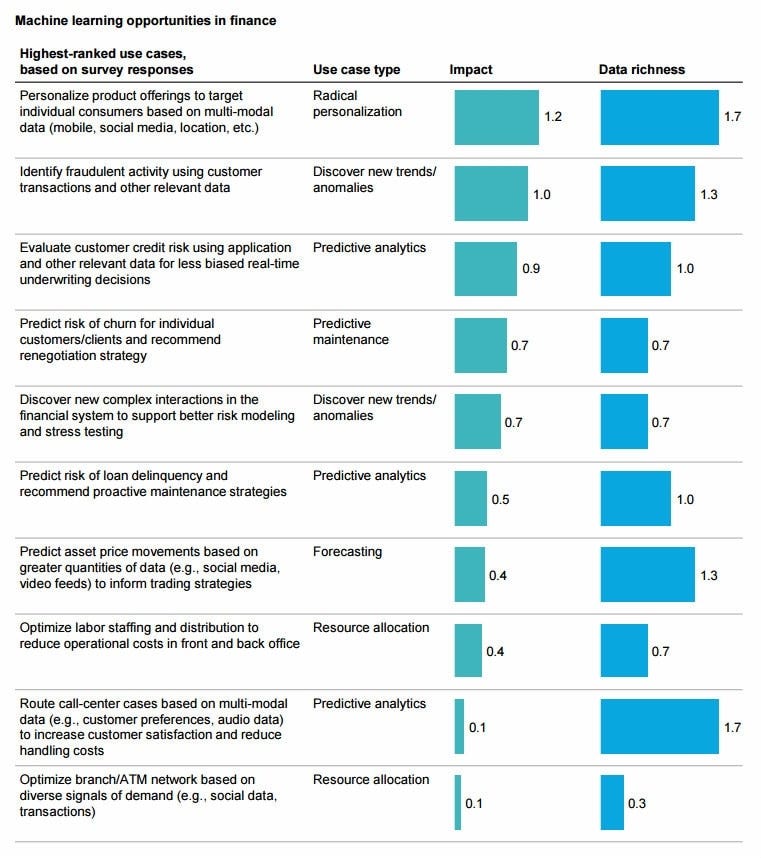
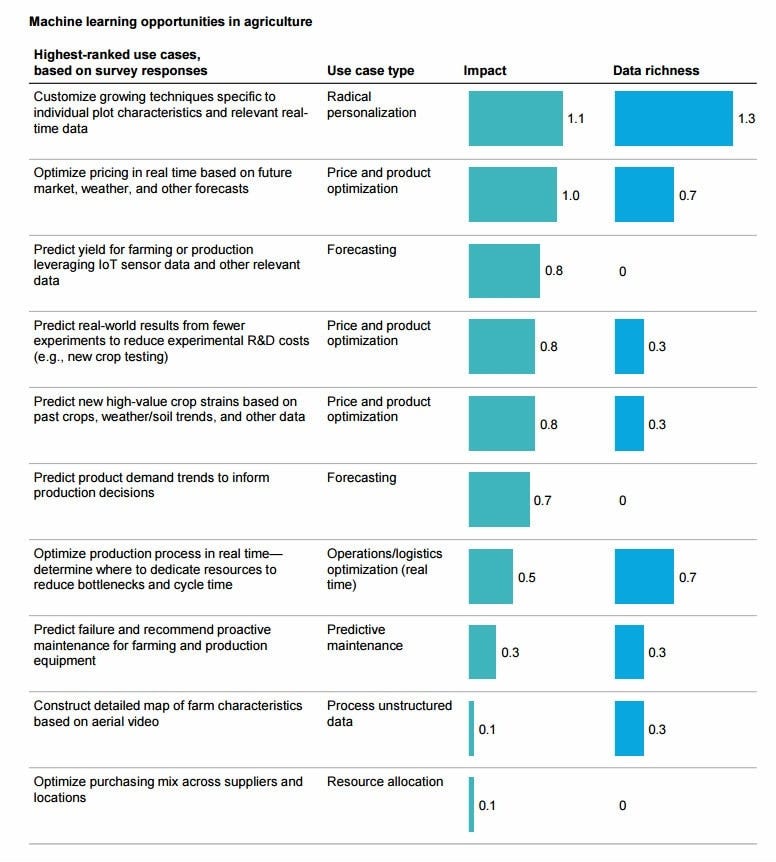
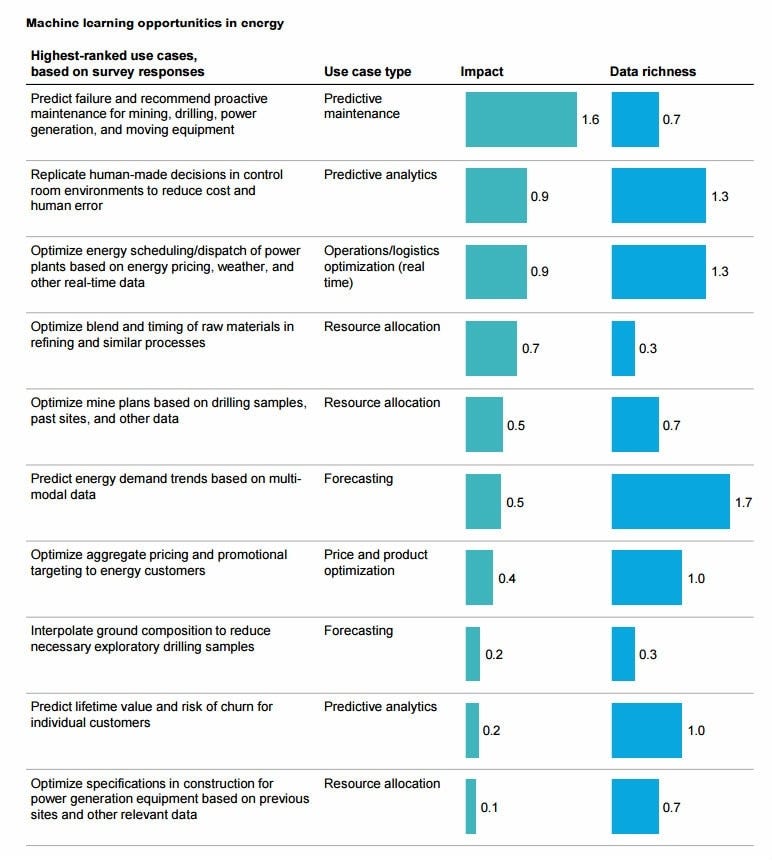
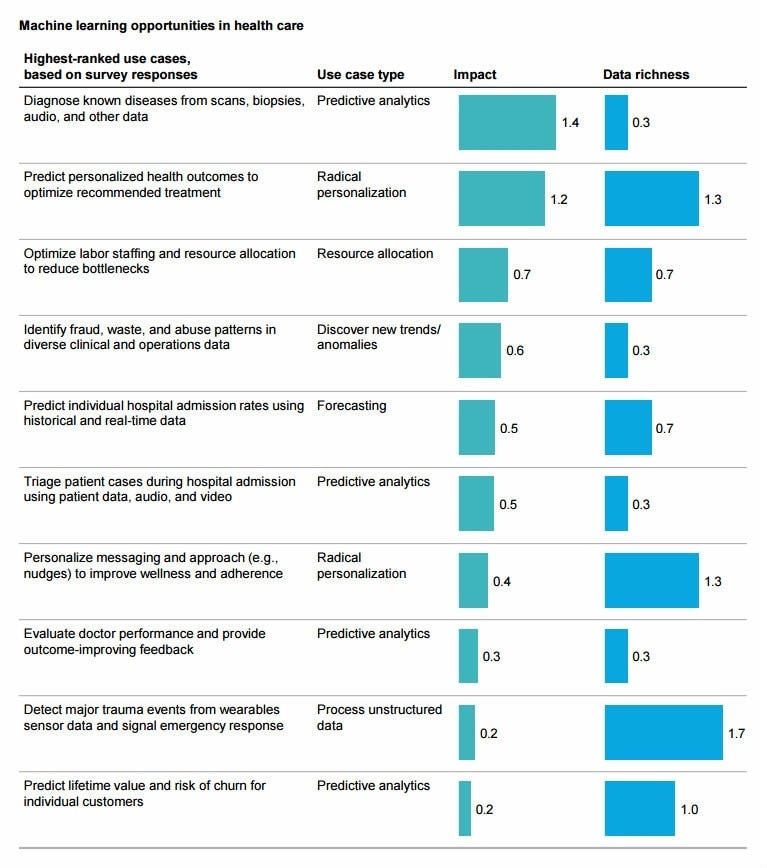
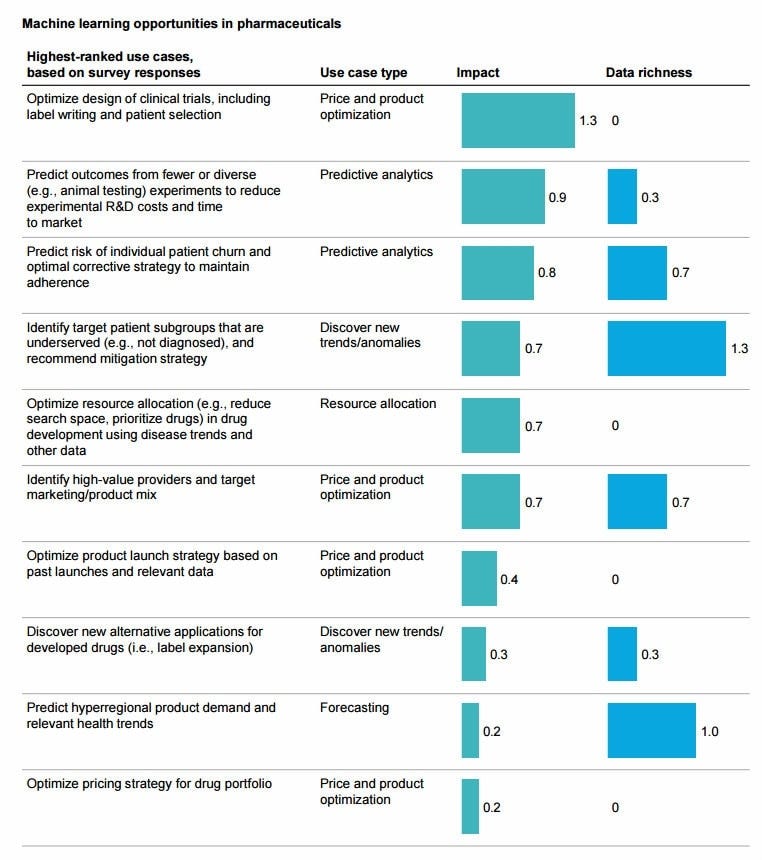
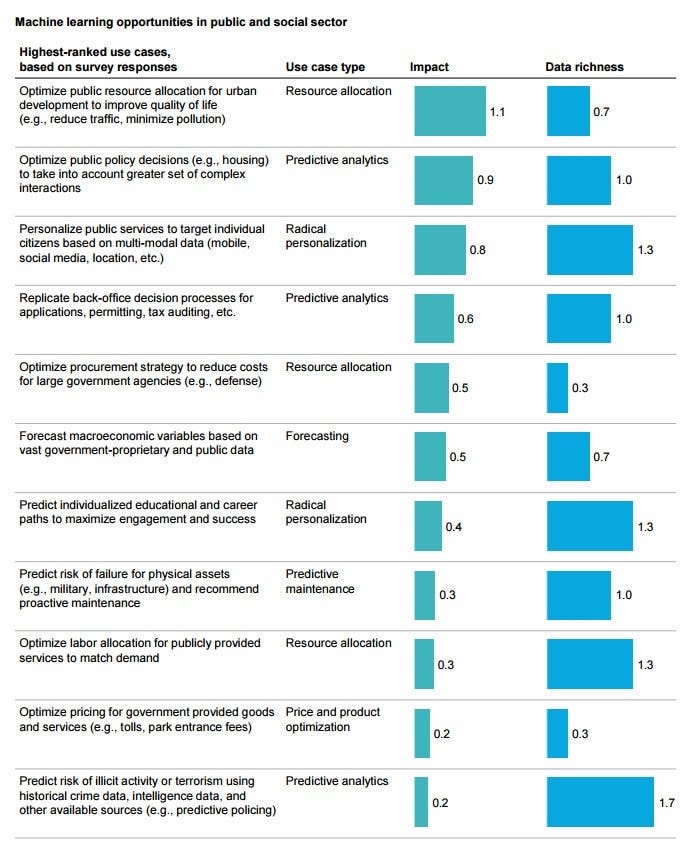
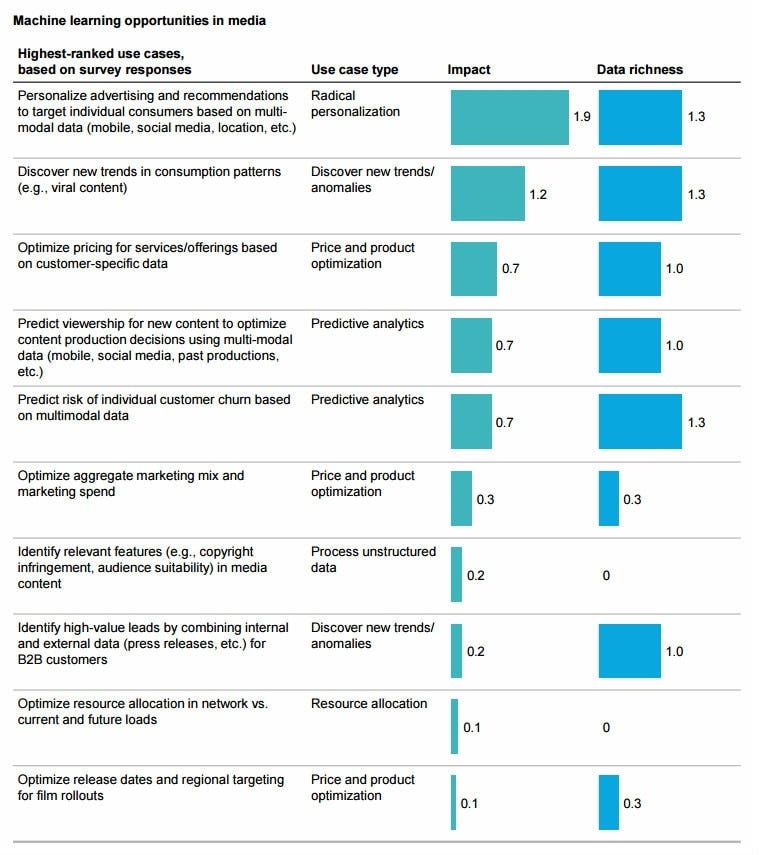
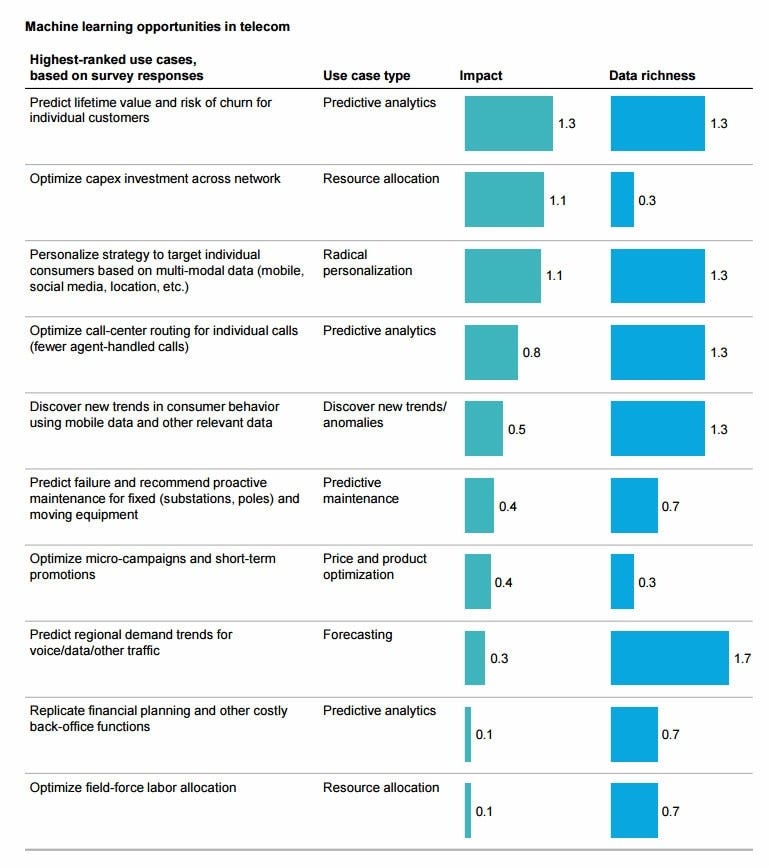
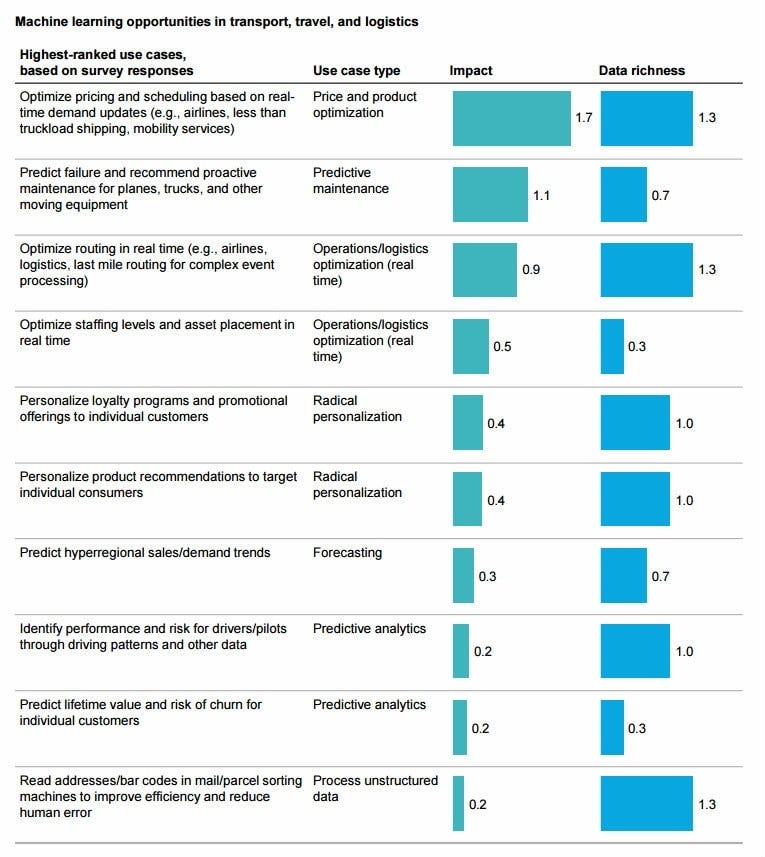

Identifying AI Use Cases
|
MIT Bootcamps: How to identify business opportunities with AI
AI is a fundamental, transformative technology like the microprocessor or the Internet. In the coming decades it will impact nearly all aspects of business. Unfortunately, few good resources exist for our future business leaders to learn about practical AI solutions and how to integrate them into their businesses. This is a E-Seminar for interested individuals to (1) understand how AI can generate revenue in business applications; (2) identify and develop AI use cases within your business environments; and (3) mitigate risks on any new AI initiative. By the end of this session, you will be able to put these new skills to immediate use at your company or startup. This is a business skills training and not a technical training. Participants won’t learn how to build a neural network or perform feature engineering. Instead, they will learn how to use fundamental AI concepts such as training data, machine learning, deep learning in customer conversations and proposals. They will learn how to identify emerging business opportunities for AI solutions like computer vision and natural language processing.
|
|
|
|
How To Identify AI/ML Use Cases
How do you identify AI/ML use cases in your company?
1. Assess internal products and business processes.
2. Enhance B2C software and hardware products.
3. Explore B2B products and AI consulting.
If you know where to look and what questions to ask, you will develop the skill and intuition of AI/ML opportunity assessment. If you believe artificial intelligence is the future and you want to capitalize on the new career growth opportunities, consider breaking into AI through the non-technical career path. I created a free course to show you how to make a career transition to artificial intelligence, without coding, and get hired to work at the intersection of business and AI/ML. Here is the link to the course: https://drive.google.com/drive/folder... This career transition to artificial intelligence is a great step towards long-term career growth – whether you want to grow into executive leadership roles, or start your own AI company in the near future.
|
|
|
Applying AI to Real World Use Cases - MIT AI Conference 2019
Julie Choi - Intel Corporation, VP of Artificial Intelligence Products and Research Marketing The 2019 MIT AI Conference (https://www.mitcnc.org/events/mit-ai-...), the 3rd edition of this annual conference, focused on the Future of Computing - the rise of Artificial Intelligence and how innovators are leveraging AI to drive new use cases and achieve better outcomes across industries.
|
|
|
|
Identifying Machine Learning Use Cases
In this video we will see how to identify good candidates for machine learning. Machine learning is not a solution for all problem. If problem can be solved with simpler techniques like rules or statistics that must be the way to go. But there are reason where simple techniques might not be effective or hard to manage and maintain in this rapidly evolving data space as well as in big data era
|
|
|
AI Simplified: What Makes a Good Machine Learning Use Case?
Hear from Jake Shaver, Director of Strategic Initiatives, as he walks through a checklist of steps to help you determine a good machine learning use case for your specific organization.
|
|
|
|
MFML 003 - Advice for finding AI use cases
Cassie Kozyrkov Welcome to a machine learning course for everyone! This video features a neat trick for finding an AI/ML use case. Blog version here: http://bit.ly/quaesita_island
|
|
|
Defining a Successful AI Project: A Framework for Choosing the Right Use Cases
With dozens of ideas for potential AI use cases but limited time and resources, how can organizations prioritize the right projects, especially in the beginning of their Enterprise AI journey? Learn how to avoid false starts on AI initiatives that are risky or ill-defined, and instead create a blueprint for future success.
|
|
|
|
AI Use Cases Pattern Across Industries
“It’s really challenging to identify AI/ML use cases. How to identify?” A project manager asked this question. I said – “the easiest way to find opportunity is to look for common patterns across industries. What does this? Below are 6 commons patterns/categories where any AI/ML use cases falls irrespective of industries.
Hyper Personalization – Recommendation Engines. Example Product, News, Content.
Autonomous Systems – Autonomous cars/Drones, Autonomous operation
Predictive Analytics & Decision Making – Predicting future and forecasting. Example Sales forecasting, Inventory forecasting, Demand planning
Anomalies Detection – To find patterns from data and establish relation between those to find outliers. Example Risk analysis and fraud detection.
Recognition – Find an object or detect any pattern from any kind of data. Example Object detection, image processing, computer vision, video processing, voice recognition
AI conversational - When a machine establishes a conversation with human in natural way. Example, Siri, Alexa, Cortana
|
|













